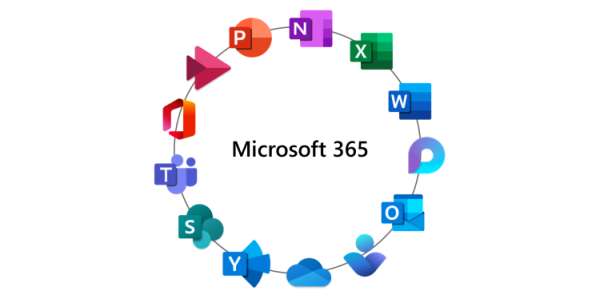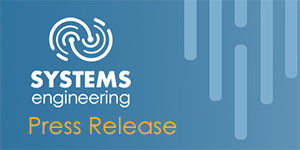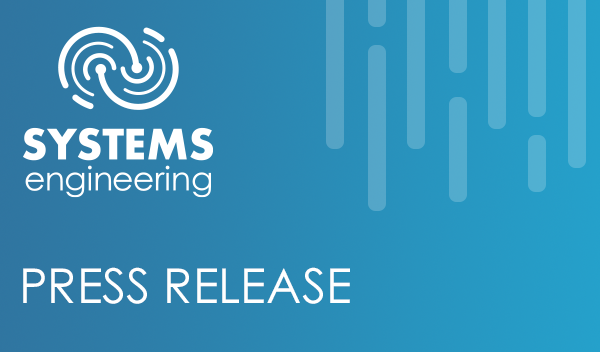Microsoft is officially retiring Stream (Classic) in April 2024 and replacing it with Stream (on SharePoint). Companies should begin migrating important content out of Stream (Classic) now, as Microsoft warns any content remaining in Stream (Classic) after its retirement date will be deleted.
Systems Engineering Announces New Adaptive Cybersecurity Framework based on a Proprietary Methodology and the NIST CSF
New Service Provides Clients with a Measurable Approach to Operationalize the NIST Framework and Benefit from Continuous Improvement in Cybersecurity
Systems Engineering is aware of the vulnerabilities recently found in NetScaler ADC (formerly Citrix ADC) and NetScaler Gateway (formerly Citrix Gateway). Exploits on unmitigated appliances have been observed.
SECURITY ALERT: FortiOS & FortiProxy heap-based buffer overflow vulnerability: FG-IR-23-097
Systems Engineering is aware of the following vulnerability in FortiOS.
CVE-2023-27997/ FG-IR-23-097: FortiOS & FortiProxy - Heap buffer overflow in Secure Socket Layer Virtual Private Network (SSL-VPN) pre-authentication.
FortiGuard has rated this vulnerability as a Critical risk.
OpenAI's ChatGPT is all over the news and creating a lot of questions. The goal of this blog is to help clarify what this all means, where it's headed, and what precautions you might want to take as an organization responsible for protecting sensitive and personal data.
New England-based Firm Recognized by Security Operations Leader
PORTLAND, ME, June 7, 2023 – Systems Engineering has been named Arctic Wolf's MSP Rookie Partner of the Year for 2023.This honor recognizes the company's commitment to improving its customers' cybersecurity posture through a strategic partnership with Arctic Wolf that focuses on joint business growth and planning, engagement and training, demand generation, and executive and security practice alignment.
A common trait of successful businesses is recognizing how to optimize the value of its staff and third-party partners for sustainable growth. Organizations can maximize returns by ensuring employees focus on the high-value tasks they were hired for and finding alternatives for the business's general, repeatable, and scalable needs.












